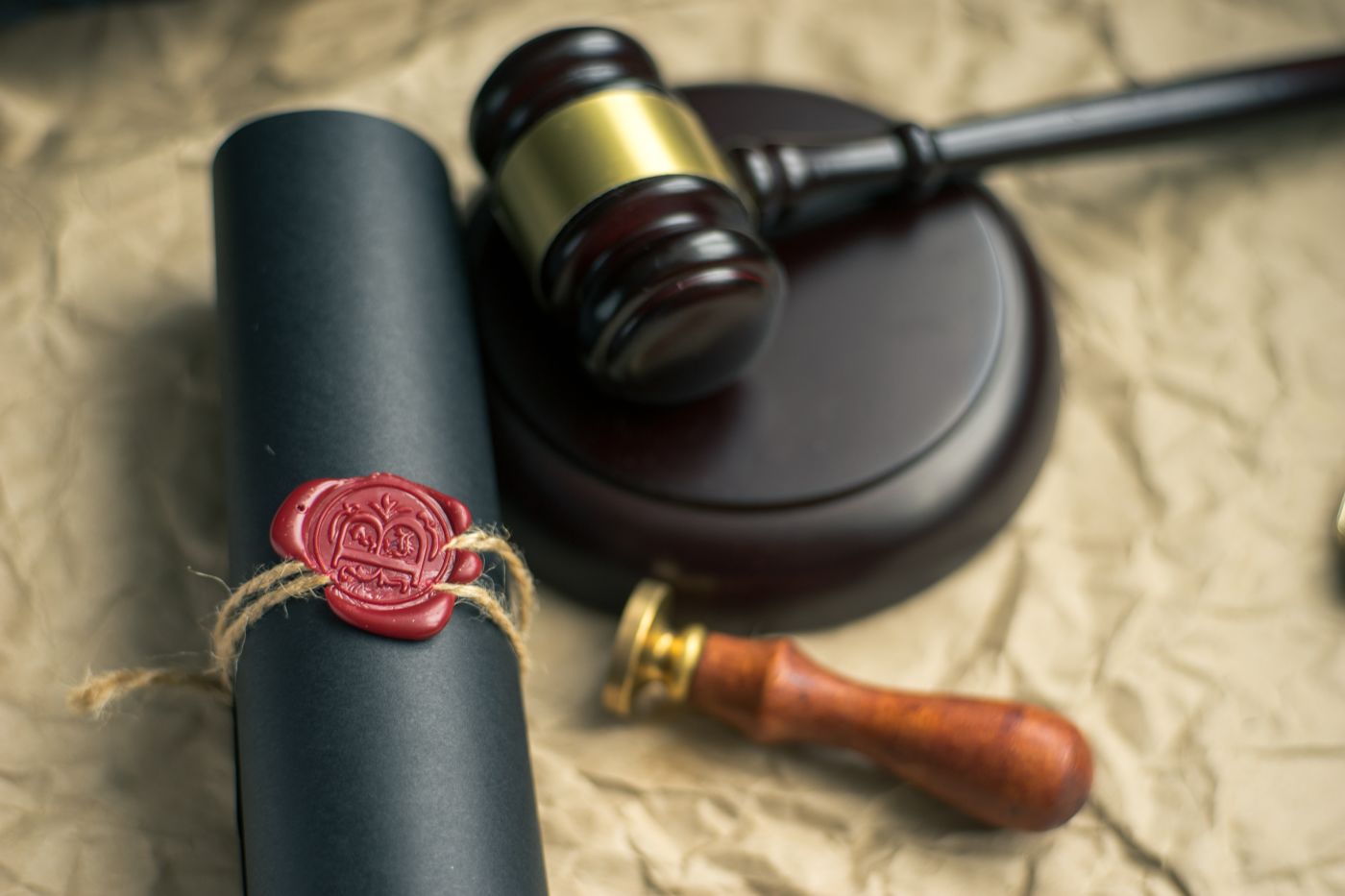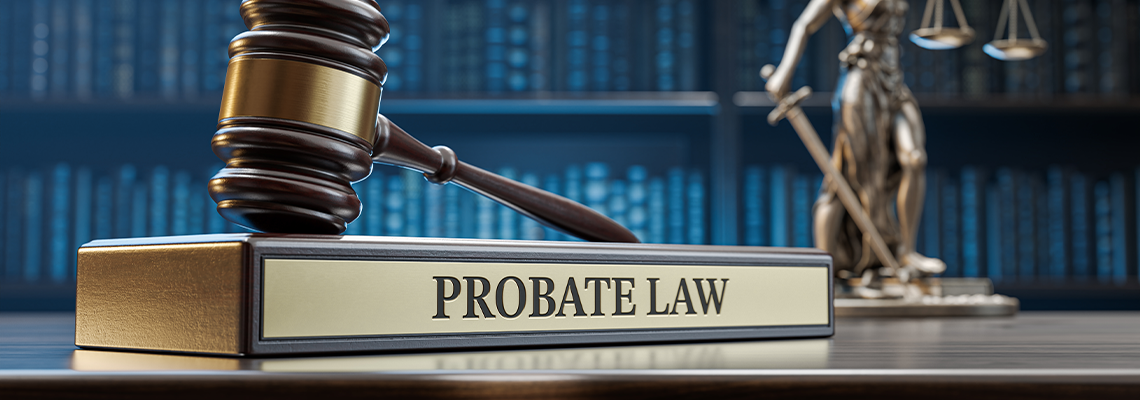Guardianship for Minor Children: How to Plan for the Care of Your Kids in Your Estate Plan
Guardianship for Minor Children: How to Plan for the Care of Your Kids in Your Estate Plan
When we plan thoughtfully, we can make sure our kids are raised by someone we trust, in a stable and supportive environment, even if we’re no longer here to provide that care ourselves. This is where guardianship becomes essential in estate planning.

When and Why You Should Review and Revise Your Estate Plan Documents
When and Why You Should Review and Revise Your Estate Plan Documents
Life is constantly changing, and with those changes come new responsibilities, relationships, and financial realities. For many, the thought of estate planning can feel overwhelming, especially when faced with major life events or difficult transitions.

Estate Planning for Business Owners: Key Considerations for Your Succession Plan
Estate Planning for Business Owners: Key Considerations for Your Succession Plan
Owning a business comes with a long list of responsibilities—managing operations, leading your team, and building for the future. But one of the most important responsibilities is often overlooked: planning for what happens when you're no longer around to run the company.

Revocable vs. Irrevocable Trusts: What You Need to Know Before Choosing the Right Option
Revocable vs. Irrevocable Trusts: What You Need to Know Before Choosing the Right Option
When planning your estate in New York, one of the most critical decisions you’ll face is choosing between a revocable trust and an irrevocable trust. Both serve as valuable tools for managing and distributing assets, but they differ significantly in their structure, flexibility, tax implications, and legal protections.

Trust Disputes: Legal Options for Resolving Conflicts Among Beneficiaries
Trust Disputes: Legal Options for Resolving Conflicts Among Beneficiaries
Trusts are often established to prevent conflict, protect privacy, and provide a smooth transfer of assets to loved ones. However, despite careful planning, trust disputes can and do arise, particularly when emotions run high, assets are significant, or instructions appear vague or unfair.

The Role of an Executor: Responsibilities and Duties During Probate Administration
The Role of an Executor: Responsibilities and Duties During Probate Administration
Handling someone's estate after they pass can involve several formal responsibilities. In New York, the person named to carry out the instructions in a will is known as the executor. This role carries legal authority and significant obligations throughout the probate process.

Business Succession Planning: How to Ensure Your Business Thrives After You’re Gone
Business Succession Planning: How to Ensure Your Business Thrives After You’re Gone
One of the most pressing yet often overlooked aspects of long-term business health is succession planning. If you own a business, you’ve likely poured your time, passion, and hard work into making it successful. But have you thought about what happens to your business when you're no longer around to run it?

Contesting a Will: Grounds for Challenging a Will and How to Navigate the Legal Process
Contesting a Will: Grounds for Challenging a Will and How to Navigate the Legal Process
In the New York City metro area, estate planning is a critical step in safeguarding your legacy. However, disputes can arise, leading to will contests that challenge the validity of a decedent's last wishes. Understanding the legal grounds for such challenges and the processes involved is essential.

Trust & Estate Litigation: Common Disputes in Trusts and How to Handle Them
Trust & Estate Litigation: Common Disputes in Trusts and How to Handle Them
Trusts are often created as part of estate planning to protect assets and provide for loved ones after a person's death. While these legal tools can help manage and distribute wealth efficiently, they can also be a source of conflict among family members or beneficiaries.

Probate & Estate Administration: Key Steps in Administering an Estate After a Loved One's Death
Probate & Estate Administration: Key Steps in Administering an Estate After a Loved One's Death
At Goldstein Mauer PLLC of New York, we understand that the loss of a loved one is a deeply emotional experience, and dealing with the legal and financial aspects that follow can be overwhelming.

